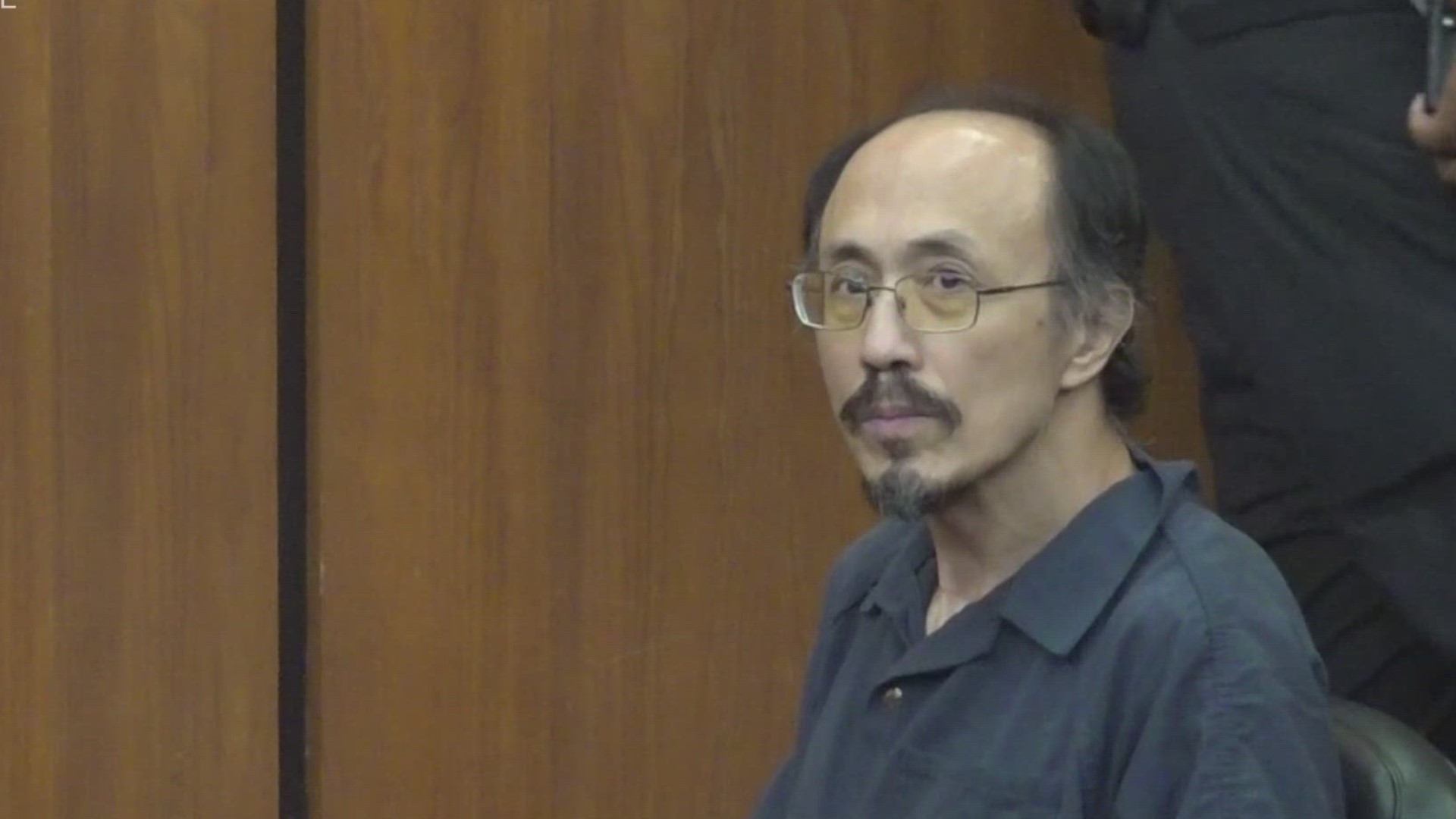COLUMBIA, S.C. — On Thursday, the defense lawyers for Rick Chow, the man accused of shooting and killing 14-year-old Cyrus Carmack Belton, were granted a ruling regarding evidence collected in the case.
Chow's defense team filed a motion to have law enforcement give back computers seized in a search warrant.
Jack Swerling, one of Chow's defense attorneys, explained the motion, saying the search warrants did not have probable cause for law enforcement to take the computers as evidence, and now they will be given back and no longer used.
Judge Robert E. Hood signed a ruling Thursday saying that the computers seized violated Chow's Fourth Amendment rights.
Swerling said he's pleased with the ruling and has never had to file anything like this in his 50 years as an attorney.
"We got a look at the search warrant and it actually had nothing to do, as far as we were concerned, with the case. They were seizing personal records, and so the affidavit through the search warrant really didn't reference that at all, it just said they wanted this information. They seized it, and so what we asked the judge to do is order them not to look at it, and to return the information right away because it violated the Fourth Amendment," Swerling explained.
The motion was filed shortly after the defense filed for an emergency hearing.
However, Todd Rutherford, representing Cyrus Carmack Belton's family in this case, said the ruling was strange.
"I've never seen anything like this. I've never seen the sheriff's department or any other law enforcement agency told to stop searching for something they had in their custody. Typically, it's when something is found on the computer that they'd want to use in court that the judge would rule and say, 'You can't use that because that's outside of the bounds,' Rutherford stated.
Both the prosecution and the defense say this evidence ruled out will not impact the case.
Swerling said if the evidence-gathering period continues on this track, he hopes to have a trial by next summer.

